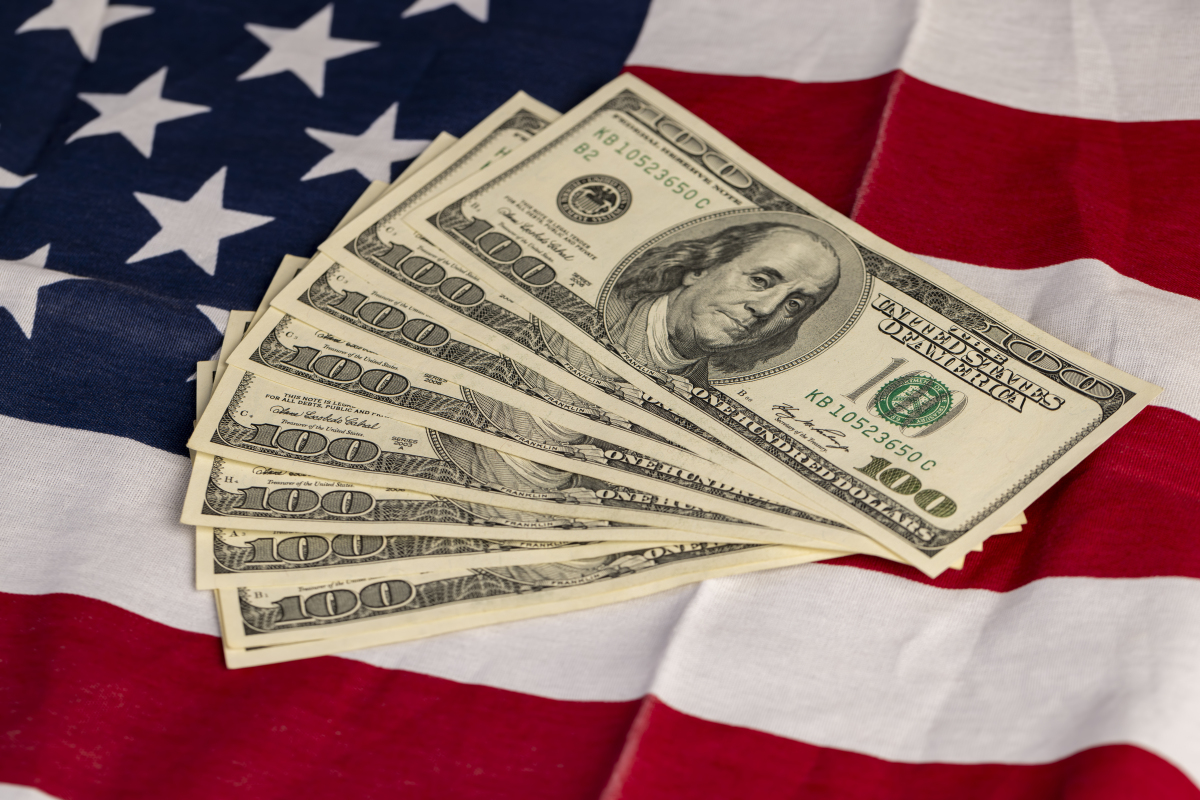
The US presidential election, as one of the most important political events in the world, has always been the focus of global media and financial markets. When an election year arrives, it is not only the political atmosphere in the United States that is tense, but also the global financial markets that are shaken. The 2024 US presidential election has once again brought this complex and delicate dynamic to a climax.
Financial markets are always particularly sensitive and vulnerable on the eve of a US presidential election. This is because uncertainty about the outcome of an election often leads to dramatic changes in policy direction that directly affect the future course of the global economy. In the face of such uncertainty, investors often choose to play it safe, and even risk aversion is high, leading to increased volatility in the stock market and the price of safe haven assets such as gold.
The policy differences between Democrats and Republicans are particularly stark in the 2024 election. The Democratic candidates emphasize climate policy, social justice and higher taxes, while the Republican candidates focus on tax cuts, energy independence and strict immigration policies. These policy directions will directly affect the operating costs, market access and profit margins of enterprises, thus affecting the overall performance of the stock market. So until the election results are known, investors have to be vigilant and ready for possible policy changes.
As one of the most important central banks in the world, the policy direction of the Federal Reserve has a profound impact on the global financial market. And the outcome of the US presidential election often determines the future direction of Fed policy. As a result, the Fed has become somewhat of a "barometer" of the election's outcome.
In the 2024 election, the two candidates have very different approaches to Fed policy. Democratic candidates tend to favor a more aggressive monetary policy to address economic pressures from climate change and social inequality. That could mean more fiscal stimulus and looser monetary policy, pushing inflation higher. Republican candidates have advocated letting markets regulate themselves and reducing government intervention in the economy, which could prompt the Federal Reserve to raise interest rates faster to keep inflation in check.
This policy divergence has led to uncertainty in financial markets' expectations of Fed policy during the election. Investors will have to watch the election closely to gauge future Fed policy and adjust their investment strategies. This uncertainty not only affected the stock market, but also affected the bond market, foreign exchange and other financial areas.
The US presidential election not only affects the US domestic financial market, its "butterfly effect" also affects the world. As one of the world's largest economies, policy changes in the United States will directly affect the operation of the global economy. Therefore, during the election period, the global financial markets are closely watching the election dynamics in the United States.
In the context of globalization, the US trade policy, tax policy, science and technology policy will have a profound impact on the global economy. For example, if the Republican candidate wins the election and pursues more stringent trade protectionist policies, the global trading system will face major challenges, and international trade frictions may intensify, which in turn will affect global economic growth.
In addition, US technology policy also has important implications for global financial markets. If a Democratic candidate wins the election and steps up regulation of the tech industry, the share prices of global tech companies could take a hit. Republican candidates, on the other hand, are likely to be more supportive of the free growth of tech companies, thereby fueling a tech boom.
During the US presidential election, geopolitical risk is also one of the factors that financial markets cannot ignore. The differences between the two candidates on foreign policy often lead to increased uncertainty in international relations, thus triggering geopolitical risks.
Geopolitical risks not only affect international trade and investment, but can also trigger panic in financial markets. Once geopolitical risks escalate, investors may choose to sell risky assets in favor of safe-haven assets, causing stocks to plunge and the price of safe-haven assets such as gold to soar.
In general, behind the US presidential election roiling global financial markets are complex and delicate political and economic relations. During the election period, investors need to remain calm and rational, paying close attention to election dynamics and policy changes to cope with possible market volatility. And where will financial markets go after the election? This depends on a combination of factors that require constant vigilance and attention from investors.

The South Korean political arena has once again been embroiled in a public controversy over a judicial investigation that has shaken the entire nation.
The South Korean political arena has once again been embroi…
On the morning of December 29th local time, the precious me…
According to the US media Barchart, recently, the fluctuati…
On December 29th, Mar-a-Lago in Florida, USA, witnessed a h…
SoftBank Group announced on Monday that it has agreed to ac…
Recently, the US State Department issued a visa ban, adding…